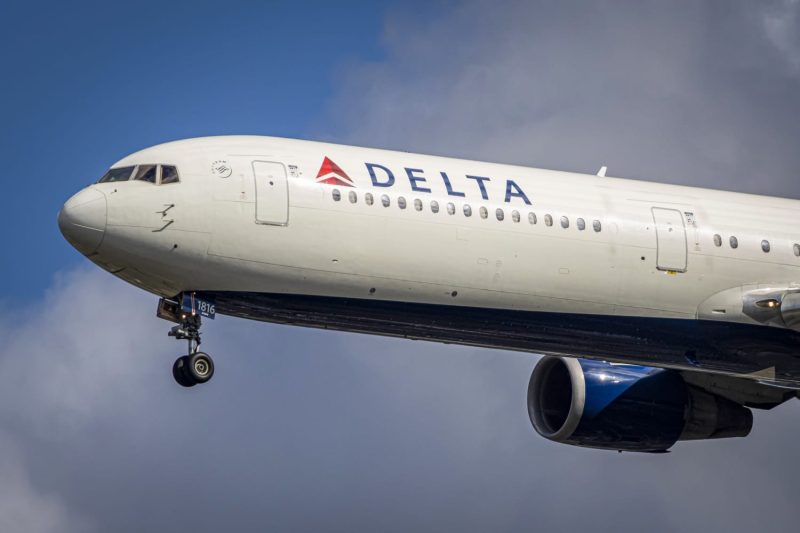In the modern digital age, corporations heavily rely on IT infrastructure to conduct their day-to-day operations efficiently. However, when unforeseen events disrupt these systems, the repercussions can be significant. One such incident unfolded recently when Delta Airlines encountered a widespread IT outage resulting in thousands of flight cancellations. In the aftermath of this disruptive event, Delta has taken legal action against cybersecurity firm CrowdStrike, claiming that their negligence led to the outage. This legal battle highlights the intricate relationship between corporations and their IT service providers and the potential consequences of system failures on a large scale.
Delta Airlines, a major player in the airline industry, witnessed a significant IT outage that disrupted their operations, leading to numerous flight cancellations and inconveniencing thousands of passengers. The airline industry operates on tight schedules, and any disruption in services can have cascading effects on flight schedules, passenger satisfaction, and financial performance. Delta’s decision to take legal action against CrowdStrike underscores the severity of the situation and the profound impact that IT failures can have on businesses, especially those operating in highly competitive and fast-paced industries.
CrowdStrike, a renowned cybersecurity firm, was responsible for managing Delta’s IT security infrastructure. It is alleged that CrowdStrike’s negligence or failure to implement adequate safeguards resulted in the IT outage that Delta experienced. In today’s interconnected world, cybersecurity is paramount, and any lapses in security measures can leave organizations vulnerable to cyber threats and system failures. The lawsuit filed by Delta raises questions about the accountability of IT service providers and the legal implications of service disruptions caused by third-party vendors.
The legal battle between Delta and CrowdStrike brings to the forefront the complexities of relationships between corporations and their IT service providers. In an era where businesses heavily rely on technology to stay competitive and meet customer demands, ensuring the reliability and security of IT systems is crucial. Organizations must carefully vet and monitor their IT service providers to mitigate risks and protect against potential disruptions. The Delta-CrowdStrike dispute serves as a cautionary tale for businesses to prioritize cybersecurity measures and establish clear agreements with service providers to prevent costly IT outages.
As businesses continue to digitize their operations and rely on IT systems for critical functions, incidents like the Delta IT outage underscore the importance of robust cybersecurity measures and diligent oversight of IT service providers. The legal battle between Delta and CrowdStrike highlights the ramifications of service disruptions and the need for accountability in the realm of IT services. Moving forward, it is imperative for organizations to proactively address cybersecurity risks, establish clear expectations with service providers, and take swift action in response to IT failures to safeguard their operations and reputation in an increasingly interconnected world.
